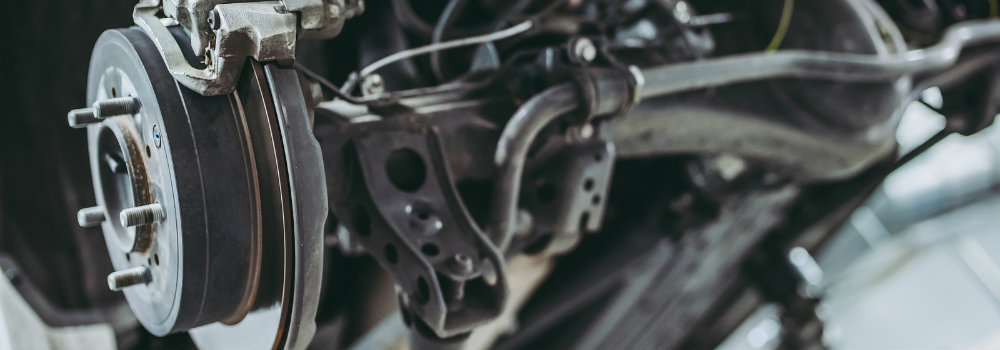Functions and operation of vehicle stabilizer links
One of the most overlooked parts of driving is your steering column, and if you’ve ever taken a tight turn or had to swerve out of the way of bad traffic, it’s a safe bet that you’ve thanked your lucky stars that your vehicle is still working properly. A big part of your steering system is your vehicle’s stabilizer links, also known as sway bars. Today we’ll show you their functions and operation, as well as what you should do if you start noticing them wearing out.
How do stabilizer links and sway bars work?
Your vehicle’s steering system lies within the confines of your suspension, and it’s made up of your sway bars, links, tie rods and of course, your wheels. Whenever you turn your steering wheel, all of these work in tandem to ensure that you’re heading the way you want to.
Sway bars and stabilizer links, however, take a different approach to steering. Because the force required to turn your car is immense, these two components help to keep you balanced and centered on the road and avoid overturning your vehicle if it encounters a sharp corner. If they’re starting to wear out, you might hear rumbling and knocking coming from under your engine, but for the most part, this is not a catastrophic sound.
Read More: What temperature will your engine start to overheat at?
Is it safe to drive with bad stabilizer links?
Though we always advise you to have each part of your vehicle working in peak condition, sometimes you might not have the means to do so. The good news is that if your stabilizer links are going bad, you should still be safe to drive, although you’ll want to practice much greater caution that you would otherwise. This is because your car could quickly lose balance on hairpin turns, which could lead to much greater problems down the road.
Read More: Why is my used vehicle’s “Check Engine” Light on?
In any case, if you hear some odd sounds coming from below, it’s always best to go see a certified service professional that can help you get back out on the pavement with peace of mind!
More Service Tips: Why is there a knocking sound coming from my vehicle’s suspension?



